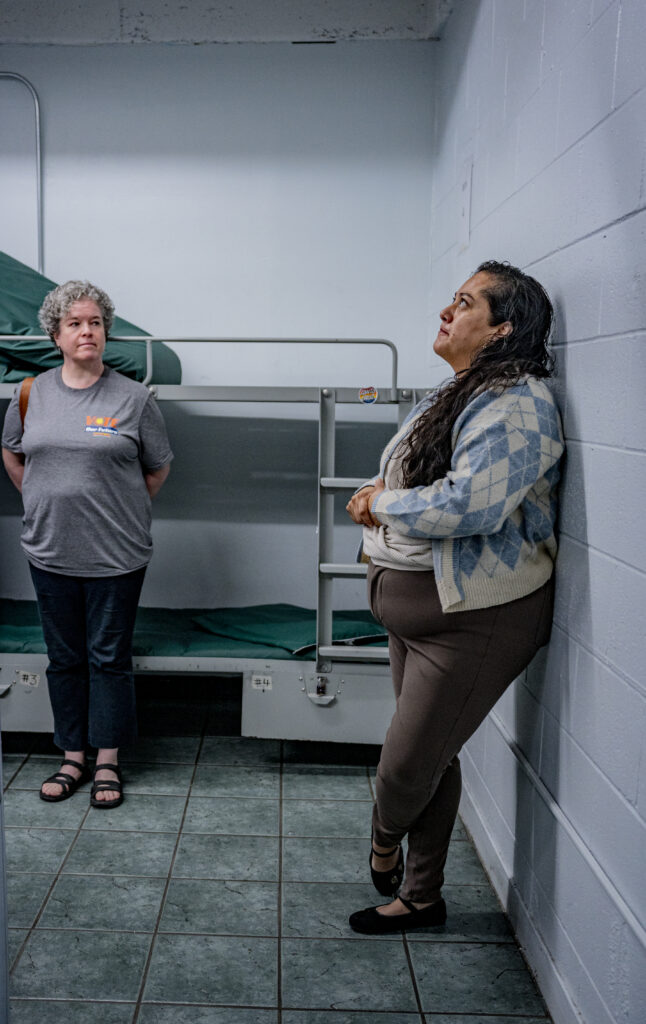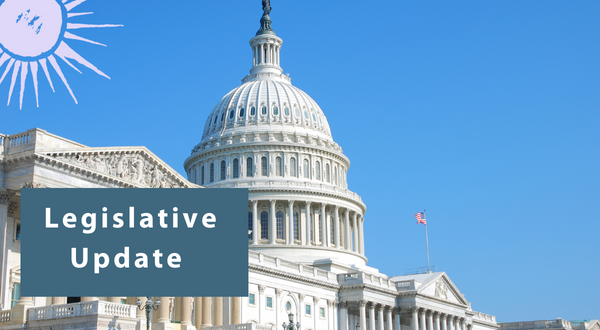Immigrant Families: Unfair Fees Jeopardize Family Unity
Congress is making it harder to get and maintain lawful status, raising the stakes for blended families trying to stay together
Giovana Oaxaca
August 8, 2025
The recently passed budget reconciliation bill diverts resources from communities to mass deportation efforts and border militarization. As Congress raises spending, it is also undermining the immigration system, deliberately raising barriers to lawful status. Most of these provisions take effect immediately. In this second installment of a three-part series, Giovana Oaxaca, NETWORK Senior Government Relations Advocate for Immigration explores how the bill threatens family unity with costly fees that, in conjunction with the Trump administration’s efforts to strip people of their status, create a legal minefield for many families.
Across the nation, blended families are navigating a huge immigration bureaucracy despite heightened enforcement targeting people following legal procedures at courthouses and check-ins. At the same time, through a series of fee hikes included in the bill, Congress is raising the cost of applying for and maintaining certain types of lawful status and work authorization, raising the stakes even more.

Sr. Deirdre Griffin, SSJ listens to Yesenia Lacayo of Mission Action in San Francisco during the 2024 Nuns on the Bus & Friends tour. The organization supports individuals and families with housing, immigration, health and wellness, and work resources. Photo: Jacob Schatz, CCR Studios
The fees in question will have a disproportionate impact on at-risk adults and families filing for humanitarian protection. These exorbitant fees mean that low- and moderate–income immigrant families will face new hurdles to securing stability and safety. Coupled with the Trump administration’s efforts to negate birthright citizenship and strip lawful status of numerous humanitarian migrants, family unity is under widespread attack.
- The Trump administration has aggressively moved to take individuals with lawful status and valid work authorization and attempted to render them deportable.
- This has been attempted, with Supreme Court often intervening to permit the administration to carry out, with 500,000 CHNV humanitarian parole beneficiaries, Temporary Protected Status (TPS) holders from Haiti (348,000), Venezuela (350,000), Afghanistan (11,700), Cameroon, Nepal, Honduras, and Nicaragua (60,000).
- The Trump administration has also ratcheted up criminal charges for civil immigration violations, measures that increase vulnerability to deportation for immigrants.
The bill would impose a minimum $100 fee for asylum and $550 for work permit applications—a first in U.S. history—posing a barrier for many, including trafficking survivors and those fleeing persecution. Asylum seekers, parole beneficiaries, and individuals seeking Temporary Protected Status would pay an initial fee and $275 annually to renew work permits sufficiency. To make matters worse, many of these fees are minimums, meaning the Administration could charge more than what is listed in the bill. And the bill removes various waivers.
The proposed fees would be especially burdensome for immigrants seeking benefits adjudicated through the immigration court system, adding significant barriers to relief. This includes for example, applications for Green Cards, waivers of inadmissibility, appeals of immigration judge decisions, and other related proceedings. In all, it paints a picture that is grossly unfair, in addition to the already unjust and gut-wrenching toll that enforcement measures place on immigrant families and communities.
The immense bureaucracy that families and individuals are facing is itself concerning but turning our backs on families and individuals trying to follow legal processes is unjust and counterproductive.
Part 3 of this series will address the needs of families to live with dignity.
Read Part 1 on immigration enforcement and detention.







